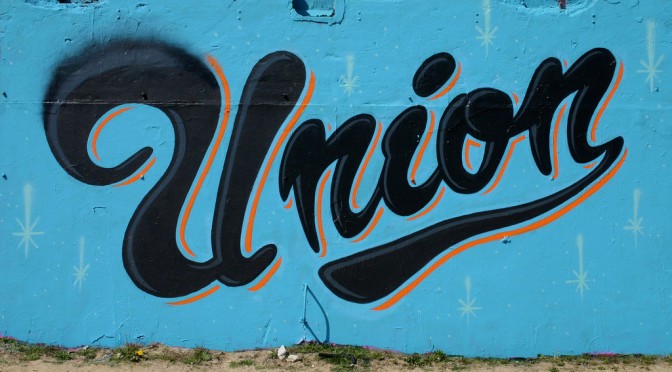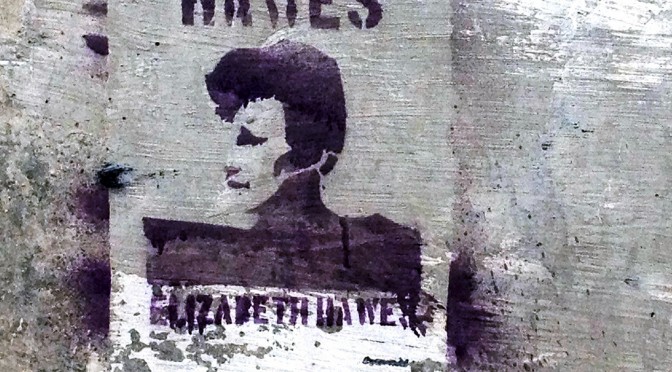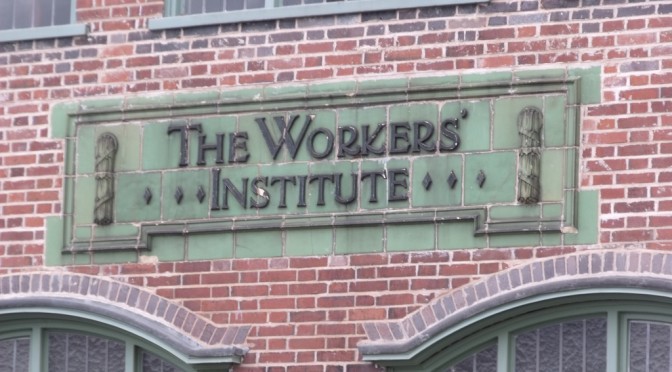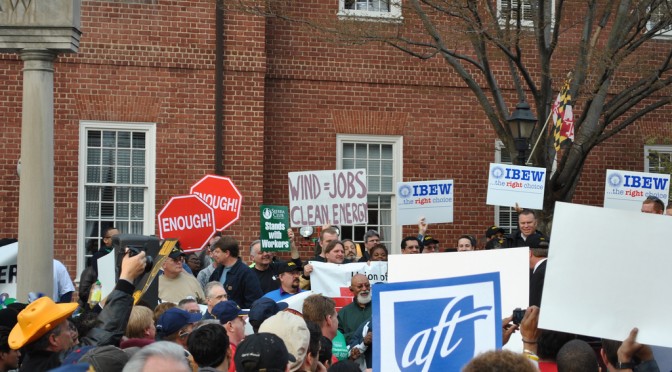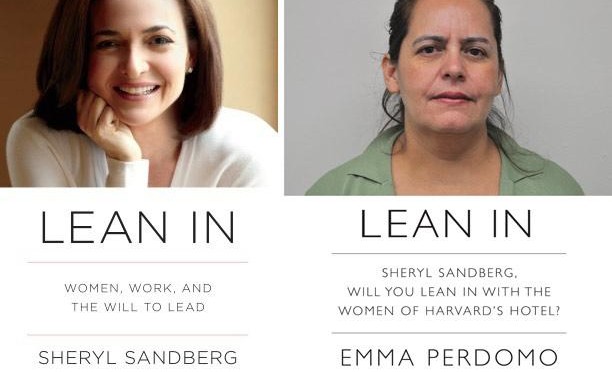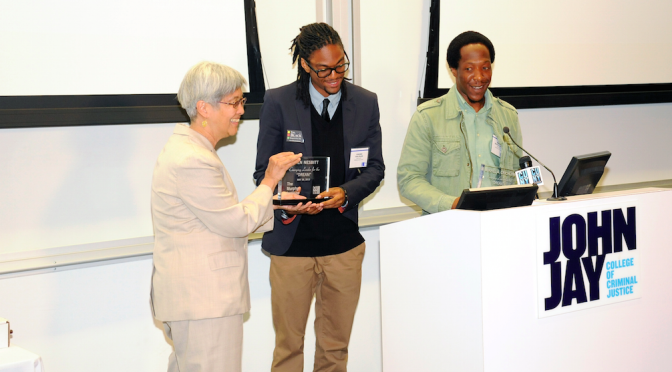The Fall 2014 classes for the MA in Labor Studies are up! Check them out below.
Collective Bargaining Theory and Practice (LABR604) 3c
Instructor: Josh Bienstock
Monday Evening
This course will provide students with a theoretical understanding of the collective bargaining process in the U.S. In addition to studying union and management theories of bargaining, students will analyze contemporary and historically significant bargaining scenarios in the private and public sectors and will develop advanced knowledge of labor relations in a variety of workplace environments. Students will examine the legal framework of collective bargaining and will study the evolution of public policy governing labor relations. In addition to studying the bargaining process and methods of contract enforcement, students will discuss alternative models of worker representation in a global economy. They will gain practical understanding by designing and participating in mock bargaining sessions.
Journalism, Media, and Labor (LABR669) 3c
Instructor: Ari Paul
Tuesday Evening
In this course will explore all aspects of labor and how it intersects with the press: How it is covered by the mainstream, how unions present their own message and how activists use new media formats in organizing campaigns. Students will be expected study, examine, and evaluate how news outlets ranging from the tabloids to business journals to public radio cover contemporary labor issues. From there we can examine how unions succeed and fail at messaging with the mainstream media. And over the course of the semester, students will be expected to follow one local labor story and cover it as if they were working journalist, rather than a union organizer.
Crises in the Public Sector (LABR669) 3c
Instructor: Ed Ott
Wednesday Evening
This course examines the contemporary issues and challenges facing the public sector workers and their organizations. In particular, the course will look at the recent state level attacks on public sector collective bargaining, privatization efforts in particular industries and the role back of the social safety net. Additionally, the course will examine the history and traditions of public employee unionism since the 1960s, review the present state of the public sector unions in the New York area, and consider possible organizational and political responses to today’s challenges.

